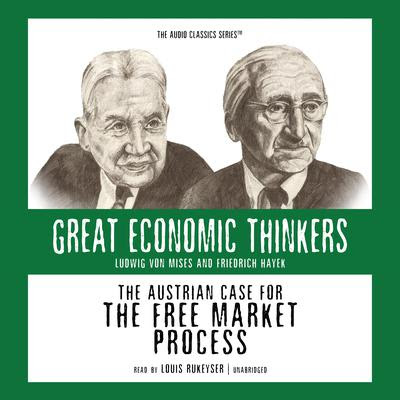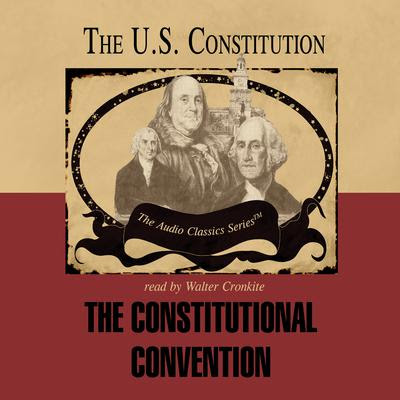So I recently finished listening to an audiobook about the American economist Frank Knight, who lived from 1885 to 1972. It was just called “Frank Knight and the Chicago School” – and as its title suggests, it was partly about the Chicago school of economics. It was a good audiobook, which spoke about both the philosophical and economic aspects of Mr. Knight’s work. But it also covered some other economists who were prominent in the Chicago school of economic thought.
Sunday, November 7, 2021
Monday, November 1, 2021
A review of Étienne de la Boétie’s “Discourse on Voluntary Servitude” (audiobook)
Étienne de la Boétie
When “Discourse on Voluntary Servitude” was first published in 1577, its author had been dead for more than a decade. The author was Étienne de la Boétie, who had never made it to his 33rd birthday. His friend Michel de Montaigne said that Boétie had written it when Boétie was just 18 years old. Boétie had made quite a mark for someone so young, but most people have never even heard of his name. Even in the political philosophy world, his name is fairly unknown. Nonetheless, he is one of the most important political philosophers of the Renaissance era, and arguably of all time. His ideas are still studied today in universities.
Michel de Montaigne
Wednesday, October 27, 2021
A review of “The Federalist Papers” (audiobook)
“I propose, in a series of papers, to discuss the following interesting particulars: The utility of the Union to your political prosperity; the insufficiency of the present Confederation to preserve that Union; the necessity of a government at least equally energetic with the one proposed, to the attainment of this object; the conformity of the proposed Constitution to the true principles of republican government; its analogy to your own state constitution; and lastly, the additional security which its adoption will afford to the preservation of that species of government, to liberty, and to property.”
“The Federalist Papers” has long been one of my favorite books. More than any other book, it helped to get the Constitution ratified by the thirteen states. But the importance of the Federalist Papers transcends the ratification debates. It is a timeless work, because it explains the intended purposes of virtually every clause in the Constitution, which is still the law of the land today. It is the most important work written by the Founding Fathers about the Constitution, and is used to interpret the intended meaning of the document today. Since this is an area of major controversy, this debate is one of the most practical in all of American politics.
Monday, October 11, 2021
A review of “The Boer War”
Warning: This blog post contains some disturbing pictures. One of these, in particular, is very graphic, and may merit special caution.
The Boer War in Southern Africa was more important than many Americans realize …
I would wager that most Americans have never heard of the Boer War. They might have heard of the Spanish-American War, which was fought around the same time, but they probably wouldn’t even remember much of that – beyond Teddy Roosevelt charging up San Juan Hill, at least. But their history classes are unlikely to have even mentioned the Boer War. This means that most of them will reach adulthood without having heard of it. This is not surprising, because the Boer War was fought in the southern tip of Africa, by the various parts of the British Empire. The conflict did not involve the United States, which may explain why our own history classes don’t teach much about it. Nonetheless, the Boer War was quite important, and continues to be remembered as such in some other places.
Wounded British soldiers (circa 1900)
Wednesday, September 29, 2021
A review of “The Austrian Case for the Free Market Process” (audiobook)
So I recently finished listening to an economics audiobook about Ludwig von Mises and Friedrich von Hayek. It was called “The Austrian Case for the Free Market Process.” This audiobook was the sequel to another audiobook called “Early Austrian Economics,” which I first listened to some years ago. One might have titled this audiobook “Later Austrian Economics,” except that applying the term “later” to this will no doubt be outdated before too long, if it isn’t already. Besides, “The Austrian Case for the Free Market Process” is probably a more exciting title, and may do more justice to the nature of the subject matter.
Friday, September 17, 2021
A review of “The Constitutional Convention” (audiobook)
“Resolved. that the right of suffrage in the first branch of the national Legislature ought not to be according to the rule established in the articles of confederation: but according to some equitable ratio of representation — namely, in proportion to the whole number of white and other free citizens and inhabitants of every age, sex, and condition including those bound to servitude for a term of years, and three fifths of all other persons not comprehended in the foregoing description, except Indians, not paying taxes in each State.”
“Resolved. that the right of suffrage in the second branch of the national Legislature ought to be according to the rule established for the first.”
– Articles 7 and 8 of the “Virginia Plan” (1787), the first draft of the United States Constitution (written by James Madison)
I had already seen a fine docudrama about the Constitutional Convention, before I ever listened to this audiobook. This was “A More Perfect Union: America Becomes A Nation” (which I review here). Obviously, there are advantages to a docudrama over any audiobook, such as the entertainment value of the powerful visuals that it includes. The docudrama may also be better at covering the greatest issue of the Convention, which was the controversy over representation. But this audiobook is better at covering pretty much everything else about the Convention. It covers issues not touched upon in the docudrama, such as the debates over the executive and judicial branches. These debates were quite important for the final document.
A review of “The United States Constitution” (audiobook)
“[The Congress shall have the power] To make all laws which shall be necessary and proper for carrying into execution the foregoing powers, and all other powers vested by this constitution in the government of the United States, or in any department or officer thereof.”
If one wants to understand the Constitution, there is no substitute for actually reading the document itself, of course. But this audiobook gives historical context that is not available within the document itself. It helps to place the original Constitution into the context of its times, and leaves it to another audiobook to cover the amendments to the Constitution (a subject that I have covered elsewhere).
Subscribe to:
Comments (Atom)










